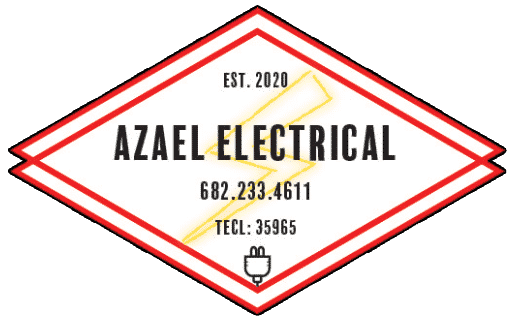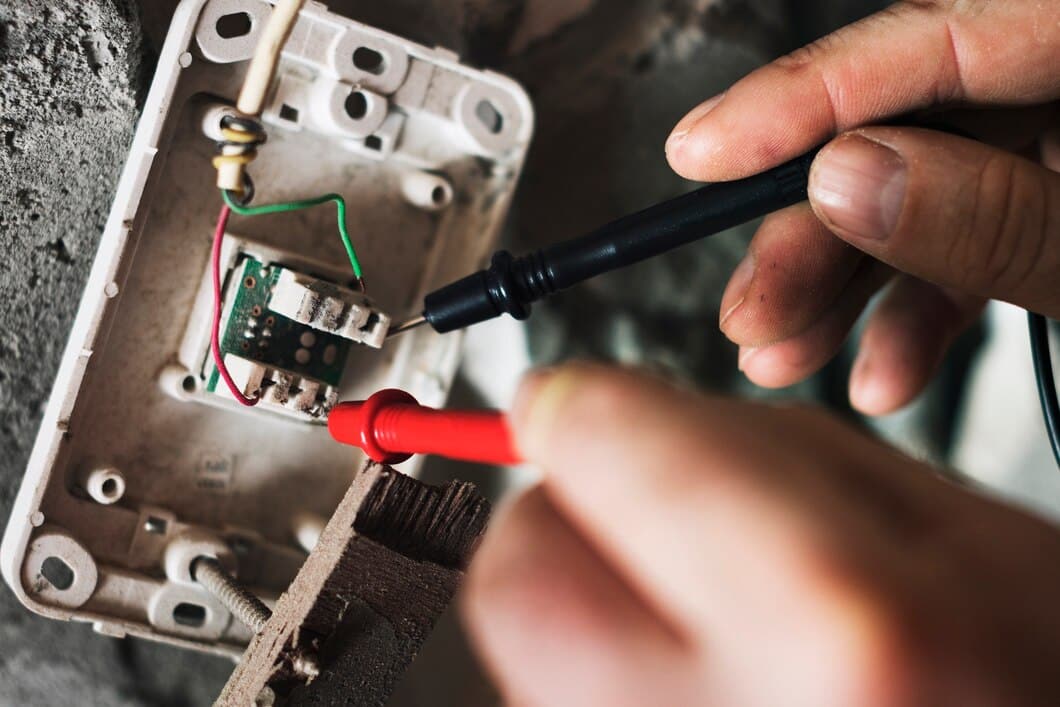Keeping your home’s electrical system in good shape is essential for your safety. Electrical problems can lead to fires, shocks, and damage to your devices. Understanding the basics of electrical safety can help you maintain a safe environment for your family.
One key aspect is regularly inspecting your electrical system. Simple checks can catch problems before they become serious. Looking out for signs like flickering lights or burning smells can make a big difference. These early detections allow for timely repairs and prevent bigger issues.
Also, knowing how to use outlets and extension cords correctly can prevent overloads and reduce fire risks. Many people don’t realize that improper usage can lead to dangerous situations. It’s important to follow basic rules like not overloading outlets or using damaged cords. By making these small adjustments, you can ensure a safer home.
Regularly Inspect Your Electrical System
Regular inspections of your electrical system can help you catch problems early and keep your home safe. Start by checking the condition of your outlets and switches. If you notice any discoloration, buzzing sounds, or a burning smell, these could be signs of overheating or wiring issues.
Next, examine your circuit breaker panel. Make sure it is not crowded with too many appliances running at once. Flip the breakers off and on a few times to ensure they are working properly. If a breaker frequently trips, it might be overloaded or have a short circuit.
Also, look at your wiring. If you have older wiring, such as knob-and-tube, consider upgrading it. Frayed or exposed wires are a serious fire hazard. Don’t forget to check areas like the attic or basement where wiring might go unnoticed. By keeping an eye on these elements, you can identify issues before they become major problems.
Proper Use of Outlets and Extension Cords
Using outlets and extension cords correctly is key to avoiding electrical hazards. Start by making sure you do not overload your outlets. Plugging in too many devices can cause overheating and potential fires. Spread out your devices across different outlets to balance the load.
When using extension cords, choose the right type for your needs. Heavy-duty cords are better for high-wattage appliances, while lighter cords can handle smaller devices. Avoid using damaged or frayed extension cords, as they pose a significant risk of shocks and fires.
Never run extension cords under rugs or through doorways. Doing this can cause wear and tear on the cord, leading to exposure of the wires inside. Tightly coiling cords can also cause them to overheat. Instead, use them in a straight line and keep them visible to prevent tripping hazards.
By following these simple tips for outlet and extension cord use, you can greatly reduce the risk of electrical accidents in your home.
Importance of Ground Fault Circuit Interrupters (GFCIs)
Ground Fault Circuit Interrupters, or GFCIs, are important for preventing electrical shocks. They are designed to quickly cut off power if they detect an imbalance between the incoming and outgoing current. This can happen if electricity is escaping into something or someone, rather than traveling through the wire correctly.
GFCIs are usually found in places where water and electricity are close, like bathrooms, kitchens, and outdoor areas. They look different from regular outlets, featuring “Test” and “Reset” buttons. It’s crucial to test your GFCIs monthly. Simply press the “Test” button and make sure the power cuts off, then press “Reset” to restore power. If the outlet doesn’t respond as expected, it might be faulty and need replacing.
Installing GFCIs in the right places can prevent serious accidents. Think about areas where water is commonly used. These include bathrooms, kitchens, laundry rooms, basements, and garages. Having GFCIs in these areas means small problems won’t turn into bigger dangers.
When to Call a Professional Electrician
While some electrical tasks can be managed on your own, there are times when it’s best to call a professional electrician. If you notice burning smells, frequent tripping of circuit breakers, sparking outlets, or flickering lights, these are signs of bigger issues that need expert attention.
Major upgrades or installations should always be handled by professionals. This includes adding new circuits, upgrading your electrical panel, or installing new wiring. Doing these jobs incorrectly can lead to fire hazards or serious electrical shocks.
Regular maintenance checks by a professional can also help keep your system in good shape. Electricians have the tools and knowledge to spot problems that may not be obvious to you. They can ensure that your home meets all safety standards and local codes.
Conclusion
Taking care of your home’s electrical system is key to ensuring a safe and efficient space. Regular inspections, proper use of outlets and extension cords, and understanding the importance of GFCIs can greatly reduce the risk of electrical issues. Knowing when to call a professional can save you from potential dangers and costly repairs.
Electrical safety isn’t something to overlook. Small, proactive steps can make a big difference in keeping your home and family safe. If you need help with any electrical concerns or installations, don’t wait until it’s too late. Contact Azael Electrical to ensure your home is always in top shape. Reach out to our electrical technician today for trusted, professional help with all your electrical needs!

